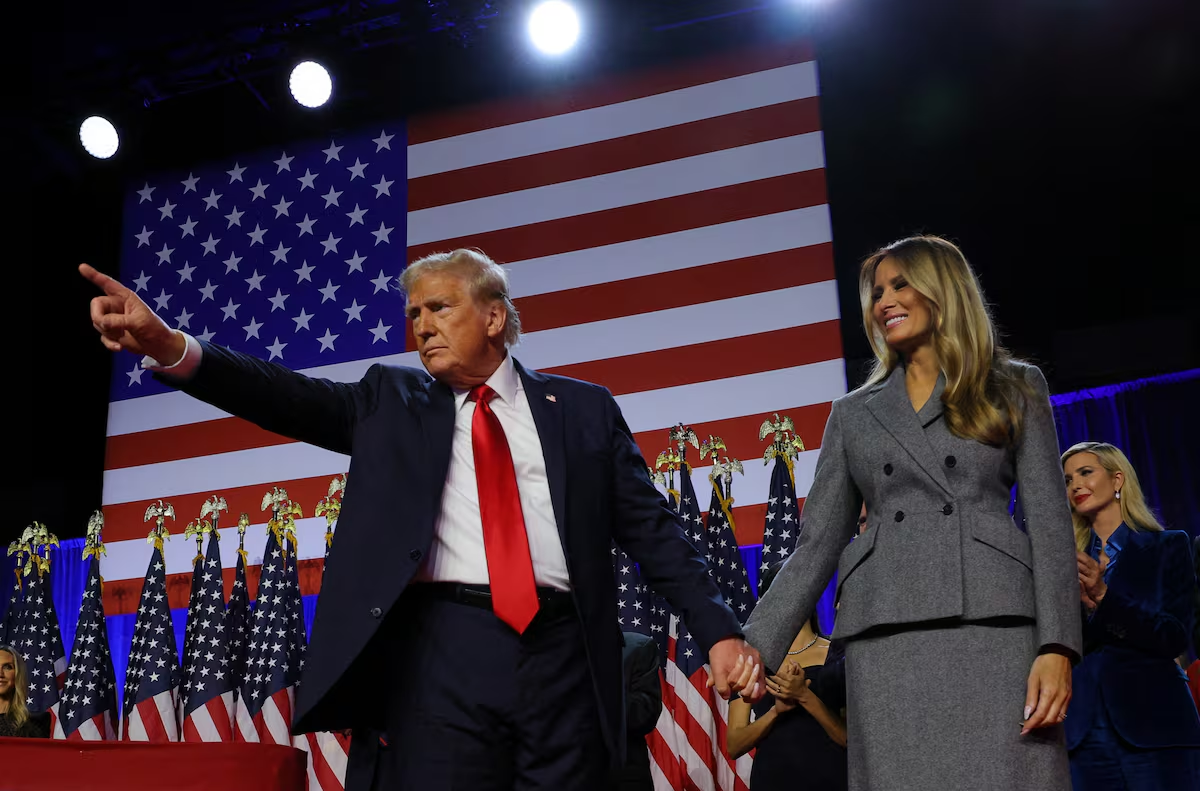It has been over a year since Donald Trump was elected President. Still, queries are already surfacing in the Pentagon regarding the probable far-reaching changes in the military leadership after the election. The sweeping promises by the campaign vow to “fire” such famous so-called “woke” generals and bring loyalty to the front, thus instilling anxiety among military and defense officials regarding implications on US military structure, policy, and civilian leadership in the Department of Defense.
Trump’s Campaign Promises: Loyalty and Anti-“Woke” Military
A preferred target throughout his campaign has been the military. Specifically, Trump frequently attacked military leaders he considered “woke” or unresponsive to his policy steps. Promising to replace officers with Pentagon officials aligned with his administration’s policies, he notified everyone that loyalty and keeping in line with him would be factors in who led in the military. Before Fox News, Trump again restated his intent to terminate officers who are too concerned about issues such as racial and social justice, which he and some conservative spokespeople have criticized as a “diversion” from preparation in the armed services.
Concerns of Military Leadership and Civilian Employees
The return of the presidency to Trump brings particular unease over Air Force General C.Q. Brown, the current Chairman of the Joint Chiefs of Staff, whom most in the military and national-security establishment view with respect for his military expertise but who has spoken out in favor of diversity and equity within the armed forces. His team is likely to change things there, and one of the biggest worries is that military and civilian personnel could face “loyalty tests,” a specter that may imperil some of the most bottomless reservoirs of professional, career officials who have served across administrations.
The Pentagon also fears that Trump may transform civil service positions within the Department of Defense through executive orders or policy changes. In his final year, Trump promoted a series of policies, including stationing troops on US soil during civil unrest, that the opposition inside the administration opposed vehemently. This time, defense officials fear a “purge” of Pentagon employees, which is seen as an obstacle to Trump’s plans.
Policy Shifts and Possible Implications on Military Culture Trump’s re-election has thrown more questions about his direction on military involvement in the country. For instance, as he was campaigning, he said the military played a role in policy areas as broad as immigration enforcement to quell civil unrest. Critics consider This a fact because it will most definitely politicize the military, which will shake up its public perception. In his last message, outgoing Defense Secretary Lloyd Austin explicitly stated that troops would be expected to follow “lawful orders.” However, defense experts point out that legal orders might still be morally divisive and put personnel in complex ethical situations.
Read Also:Trump Transition Team Reaches Out to Nicaraguan Opposition for Unified Stance on Latin America
Future of Military and Civilian Leadership
While Trump defenders say the President is right to prioritize loyalty, others, including Pentagon officials, worry about what a largely successful overhaul of military and civilian ranks will take to accomplish. They fear that removing career employees with specialized expertise will leave holes in operations and knowledge. A senior US defense official worried that if Trump moves aggressively on these changes, it will “hollow out” the ranks of the Department of Defense in ways that could affect its readiness and effectiveness.
Murky Future Under a Second Trump Administration
The impact of the new administration has raised mixed feelings within the Pentagon. Some officials feel that Trump’s position may bring on “chaos” and affect the continuity of management. Yet, others think that the mission-driven ethos of the military will help personnel stay routed toward defense and not the political mandate of the government. Yet, promises to win re-election and personnel policies of the Trump administration suggest an even more direct approach for reshaping Pentagon structure and function, potentially representing what could be a significant shift in the Department of Defense’s operations and priorities.















